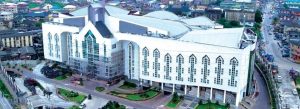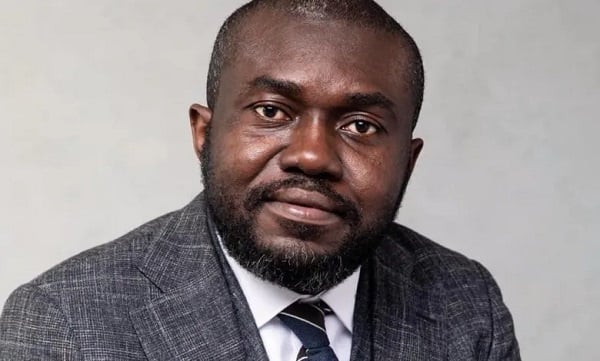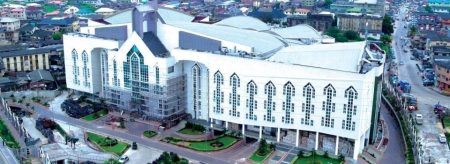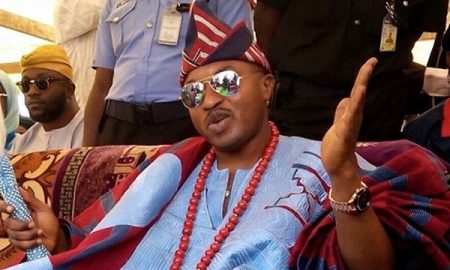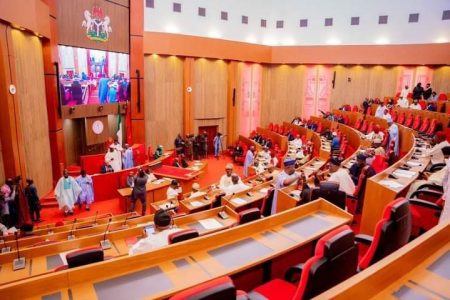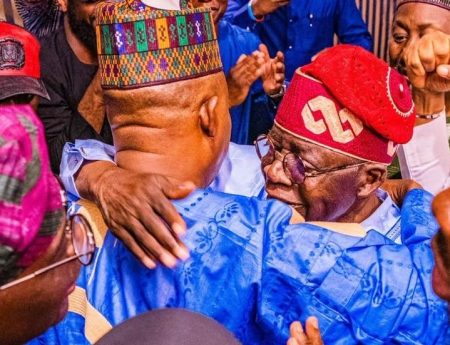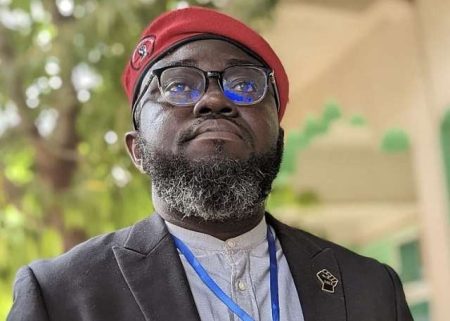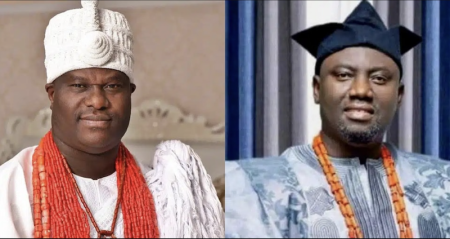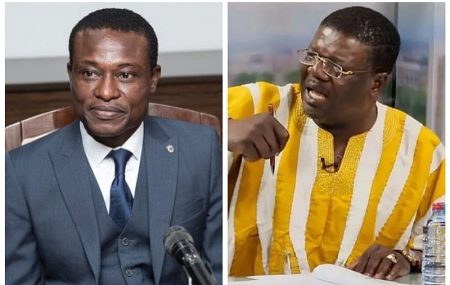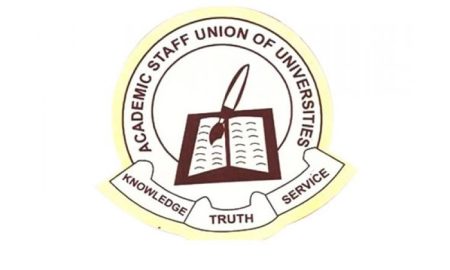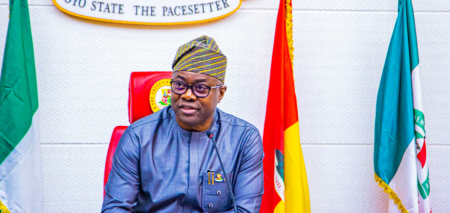The declaration of July 1st, Ghana’s Republic Day, as a National Day of Prayer and Thanksgiving has sparked controversy, with prominent activist Oliver Barker-Vormawor leading the charge against the decision. Barker-Vormawor argues that superimposing a religious observance onto Republic Day diminishes the historical significance of the day, a day that marks Ghana’s liberation from colonial rule and its ascension to full sovereignty. He contends that Republic Day should be solely dedicated to commemorating this pivotal moment in Ghanaian history, a day of reflection on the struggles and triumphs that led to the nation’s independence and the establishment of a republic. This day, he emphasizes, should be a celebration of self-determination and a reminder of the hard-won freedom from external control, both political and religious.
Central to Barker-Vormawor’s argument is the notion that the imposition of a prayer day on Republic Day constitutes a betrayal of the nation’s history. He stresses the importance of national narratives and the role they play in shaping national identity and purpose. By shifting the focus from the historical significance of Republic Day to a religious observance, he argues, the nation risks diluting the very essence of what the day represents. This dilution, he fears, could lead to a collective amnesia regarding the struggles of the past and a diminished appreciation for the hard-fought freedom that Ghanaians enjoy today. Republic Day, he insists, should serve as a constant reminder of the sacrifices made to achieve self-governance and a catalyst for continued vigilance against any form of external influence or control.
Barker-Vormawor further criticizes the nature of the proposed prayer observance, questioning the appropriateness of praying to the “god our colonizers gave us” while the nation grapples with self-inflicted challenges rooted in internal issues. He sees a disconnect between the act of prayer and the responsibility of addressing the structural problems that plague the nation. He argues that instead of seeking divine intervention, Ghanaians should confront the internal issues – greed, corruption, and mismanagement – that contribute to the nation’s struggles. He suggests that praying to the very religion imposed by the colonizers while ignoring the internal flaws is a form of self-deception and a disservice to the true meaning of Republic Day.
He dismisses the notion of seeking divine intervention from a religion imposed by colonial powers while ignoring the self-inflicted wounds plaguing the nation. He advocates for a Republic Day centered on remembrance, courage, and defiance, qualities that he believes embody the spirit of independence. He contrasts these values with what he sees as docility and a misplaced piety that masks a failure to address the nation’s internal problems. For Barker-Vormawor, Republic Day should be a call to action, a reminder of the continuous struggle for self-improvement and the responsibility of citizens to shape their own destiny.
Barker-Vormawor’s critique goes beyond the symbolic act of prayer. He questions the very essence of celebrating independence while still adhering to systems and beliefs imposed during colonial times. He believes that true independence requires not just political freedom but also a liberation from the mental and spiritual shackles of colonialism. He sees the act of praying to a colonially imposed religion as a perpetuation of this dependence, a symbolic act that undermines the very spirit of Republic Day. He advocates for a more profound reflection on the meaning of freedom and a more proactive approach to nation-building, one that prioritizes self-reliance and a critical examination of inherited systems.
In essence, Barker-Vormawor’s argument centers on preserving the historical integrity of Republic Day as a symbol of Ghanaian self-determination. He believes that diluting this significance with religious observances, particularly those tied to the colonial past, undermines the spirit of independence and distracts from the real work of addressing the nation’s internal challenges. He calls for a Republic Day focused on reflection, action, and a commitment to building a truly independent and self-reliant Ghana, free from the vestiges of colonial influence. He sees this as the best way to honor the sacrifices of those who fought for Ghana’s freedom and to ensure that the spirit of independence remains alive and vibrant for generations to come.


